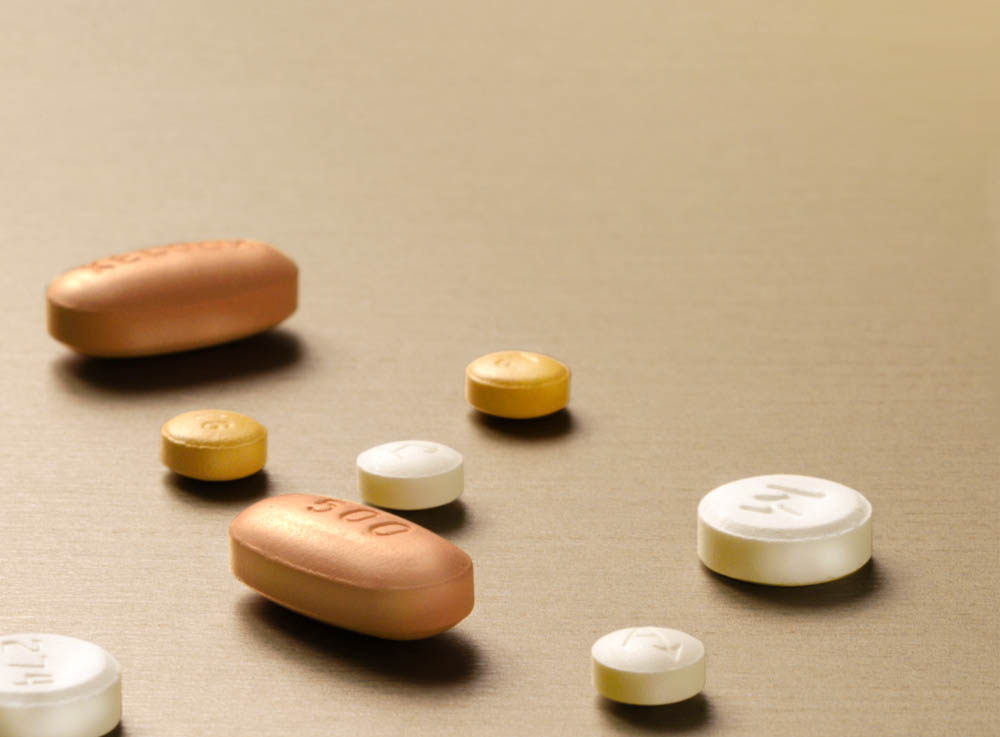A steady drumbeat of research suggest that taking a small dose of daily aspirin over a period of years can reduce the risk of certain cancers.
In August, researchers from London’s Queen Mary University concluded that daily aspirin taken over 10 years reduced the risk of developing cancers of the digestive tract – colon, stomach, and esophagus – by as much as 40 percent, and had a lesser impact on the number of lung, breast and prostate cancer diagnoses. The leader of the research – published in the Annals of Oncology, said “the evidence is that everyone between 50 and 65 should consider [taking daily] aspirin.”
 More recently, a team at Fox Chase Cancer Center in Philadelphia presented new research showing that low-dose aspirin helps suppress inflammatory pathways that feed prostate cancer cell formation. And another study in 2014 reported that daily aspirin could reduce the risk of ovarian cancer by 20 to 34 percent.
More recently, a team at Fox Chase Cancer Center in Philadelphia presented new research showing that low-dose aspirin helps suppress inflammatory pathways that feed prostate cancer cell formation. And another study in 2014 reported that daily aspirin could reduce the risk of ovarian cancer by 20 to 34 percent.
Yet neither the American Cancer Society (ACS) nor any other health organization currently recommends taking aspirin specifically to prevent cancer. For one thing, the studies don’t meet the highest standards of scientific proof: They are all observational studies designed to look for preventive effects in heart disease. None have been prospective side-by-side comparisons of aspirin versus no aspirin for cancer prevention.
The biggest obstacle to recommending routine aspirin use is the significant risk of causing gastrointestinal bleeding, which can be fatal. The risk increases with age, especially after age 70. At this point, experts say, the benefits of aspirin on cancer risk aren’t great enough to outweigh the risks of harm. Leonard Lichtenfeld, MD, deputy chief medical officer at the ACS, said the evidence falls short of justifying routine aspirin as a cancer preventive. “But it rises to the level that people should have a discussion with their doctor,” he said.
The strongest data favoring aspirin as a preventive are for cancers of the colon and rectum, stomach, and esophagus. A 2010 review of four clinical trials revealed that over a 20-year period, taking low doses of aspirin was associated with a 24 percent reduction in colon cancer cases and a 35 percent drop in deaths.
However, a study by researchers at Dana-Farber and Massachusetts General Hospital has suggested that this benefit may be limited to individuals who are already at high risk of colon cancer because they have elevated levels of an inflammatory factor called TNFR-2in their blood. Charles Fuchs, MD, MPH, director of Dana-Farber’s Gastrointestinal Treatment Center and senior author of the study, noted that TNFR-2 was the only one of three inflammatory markers that was relevant to colon cancer risk, showing that testing for specific biomarkers likely will be needed to identify patients who might benefit from preventive use of aspirin or other anti-inflammatory drugs.
This finding reflects a larger set of unanswered questions about aspirin as a cancer preventive: Who might benefit – people who are at low risk for developing cancer, or those at high risk? How long does it take for aspirin’s presumed protective effect to kick in, and how long must the drug be taken for maximum benefit?
Research continues. Meanwhile, patients should discuss the pros and cons of daily aspirin, as with any course of medication, with their doctor.
